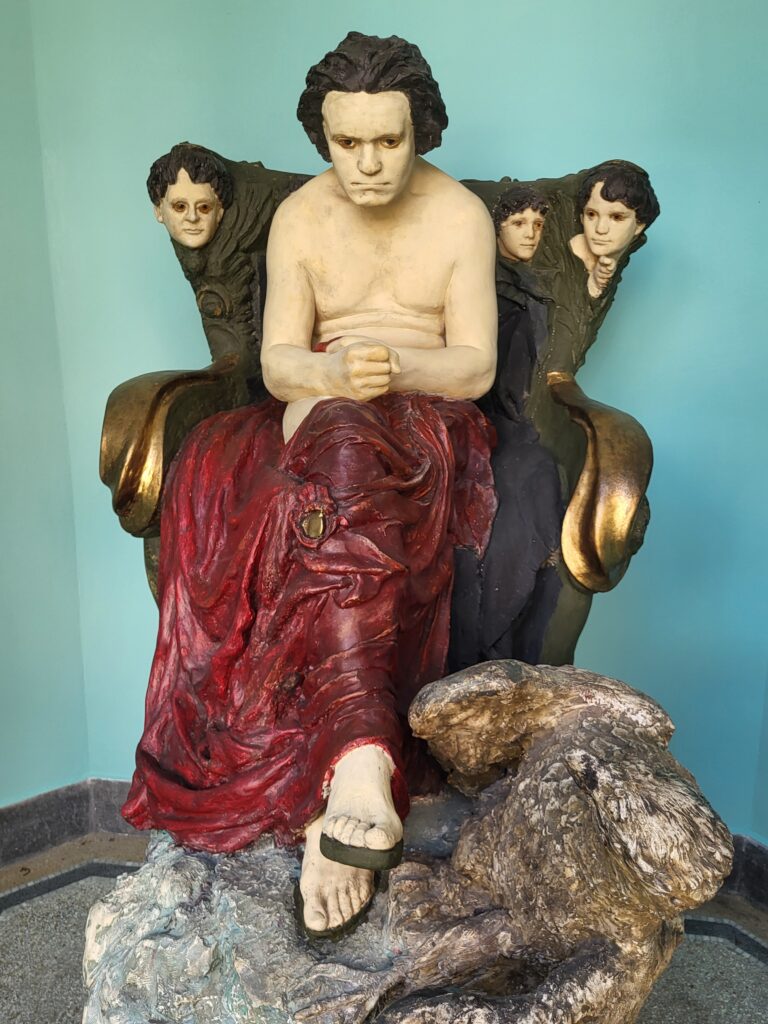Gerelateerde berichten
Arvo Pärt – Fratres (1977)
Arvo Pärt – Fratres (voor strijkorkest en slagwerk), hr-Sinfonieorchester, Stanislav Kochanovsky, hr-Sendesaal, Frankfurt, 25 november 2020. Fratres (meaning “Brothers” in latin) is a musical work by the Estonian composer Arvo Pärt exemplifying his tintinnabuli style of composition It is three-part…
Concertbezoek klassieke muziek
Concertbezoek klassieke muziek (visited) Language: English. 2026 15-05-2026 Amsterdam (Amsterdam Royal Concertgebouw): Antonín Dvorák (1841-1904) – In de natuur. Amsterdam Royal Concertgebouw Orchestra (RCO), Santtu-Matias Rouvali (1985). 15-05-2026 Amsterdam (Amsterdam Royal Concertgebouw): Bohuslav Martinů (1890-1959) – Celloconcerto No. 1. Amsterdam…
De grootste kerkorgels in historische en musicologische context
De grootste kerkorgels in historische en musicologische context Het kerkorgel geldt als het meest veelzijdige en complex geconstrueerde muziekinstrument in de westerse traditie. De ontwikkeling van het instrument vanaf de vroege middeleeuwen tot de romantische en hedendaagse orgelbouw weerspiegelt zowel…
Dorotheum
Dorotheum veilinghuis Veilinghuis, Wenen Dorotheum homepage Afdeling Art Nouveau en Art Deco Afdeling Handtekeningen en Manuscripten Afdelingen overzicht (alle) Het Dorotheum is het grootste veilingconcern in Centraal-Europa en het Duitse taalgebied met hoofdvestiging in Wenen en vertegenwoordigingen in Brussel, Düsseldorf,…


